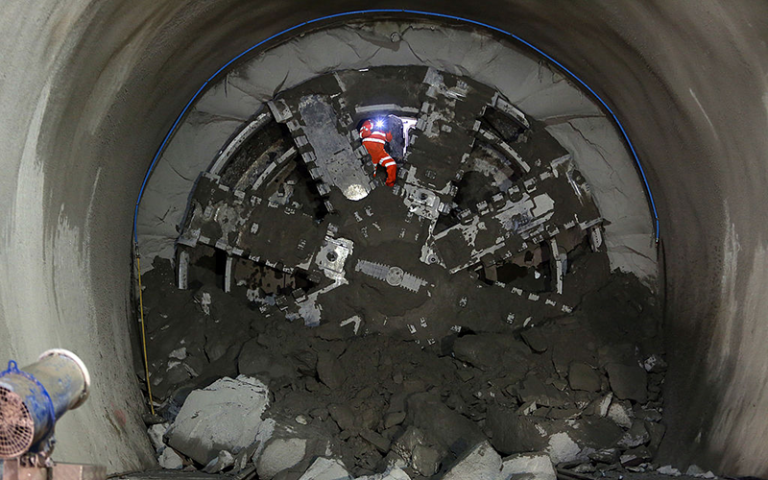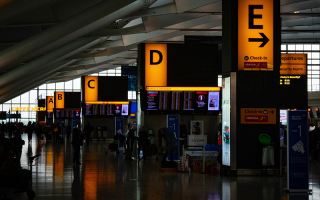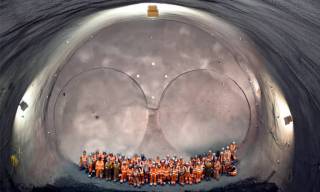Why megaprojects go wrong: UCL research finds the main causes and solutions for project failure
14 February 2020
A new report into the performance of megaprojects has identified the key reasons why they so frequently fail to deliver, and what can be done to improve outcomes.

Academics from The Bartlett School of Construction and Project Management have carried out a systematic literature review of research into the causes of megaproject failure, and outlines what can be done to improve the chances of project success.
The paper - What Are the Causes and Cures of Poor Megaproject Performance? A Systematic Literature Review and Research Agenda - aims to understand the reasons why megaprojects often run over budget, over schedule, and fail to deliver their intended outcomes. Based on their findings, the research team has developed a research agenda to advance the successful delivery of megaprojects.
To develop their comprehensive review of the research available to date, Dr Juliano Denicol, Professor Andrew Davies and Dr Ilias Krystallis reviewed more than 6000 academic summaries, and analysed 86 papers in full.
Why do megaprojects fail?
The paper - published in Project Management Journal - identifies a number of causes of poor megaproject performance and suggest how they can be avoided.
The study found that no isolated factor was responsible for failure in megaprojects, with a number of interrelated factors contributing equally to poor performance. The paper identifies six themes, which reveal 18 causes of poor performance and 54 solutions:
- Decision-making behaviour
- Strategy, governance and procurement
- Risk and uncertainty
- Leadership and capable teams
- Stakeholder engagement and management
- Supply chain integration and coordination
What are the next steps for megaproject management research?
The review suggests a research agenda with five avenues to advance the successful delivery of megaprojects:
- Designing the system architecture
- Bridging the gap with manufacturing
- Building and leading collaborations
- Engaging institutions and communities
- Decomposing and integrating the supply chain
Lead researcher Dr Juliano Denicol said:
"We have emphasised the solutions rather than problems, in an attempt to shape the academic conversation to a more positive discourse and connect with the needs of senior managers delivering megaprojects."
Professor Andrew Davies, Honorary Professor in the Management of Projects at UCL and Professor of Innovation Management at the University of Sussex, said:
"Despite some great research on optimism bias and inadequate front-end planning, we still don’t know why megaprojects fail to achieve their cost, time and quality objectives. This paper is one of the first studies to unpack what goes on inside the “black box” of megaproject delivery, recognising that successful performance depends on what happens during megaproject planning, execution and handover to operations."
This research was funded by the Project Management Institute (PMI), the leading professional membership organisation for people working in project, programme and portfolio management.
Read What are the causes and cures of poor megaproject performance? A systematic literature review and research agenda, published by Project Management Journal.
About the research team
Dr Juliano Denicol is Lecturer in Project Management at The Bartlett School of Construction and Project Management. His research explores the management of megaprojects through several lenses, emphasising the design of client organisations and
inter-organisational structures.
Professor Andrew Davies is Honorary Professor in the Management of Projects at UCL and RM Phillips Freeman Chair and Professor of Innovation Management at the University of Sussex. His research focuses on the management and organisation of large, complex infrastructure megaprojects.
Dr Ilias Krystallis is Lecturer in Enterprise Management at The Bartlett School of Construction and Project Management. He is interested in the design of structures and processes of decision making under uncertainty.
 Close
Close



